US considers preemptive strike on DPRK missile program
Over the past year and a half the DPRK has launched an unprecedented number of missiles, which the US has tried to deter by expanding preexisting sanctions against Pyongyang.
On Wednesday, a key expert on the issues of the peninsula told US senators that Washington should now threaten the DPRK with preemptive strikes.
One of the ideas there, and it's a risky one, is declaratory policy; to say that we reserve the right to actually take down a missile if it's headed over Japan, or if it's headed towards Hawaii, or the West Coast of the United States.
And that could be a mid course intercept or it could be on the launch pad.
Victor Cha, Center for Strategic & International Studies
As the US and South Korea have boosted military cooperation and weapons deployment, the DPRK has been developing its advanced capabilities including testing ballistic, cruise, hypersonic and submarine launched missiles. Activists say the threat of preemptive attack will not deter Pyongyang.
The US threat of a preemptive strike against North Korea does not dissuade North Korea from developing nuclear weapons, but rather paradoxically, this has been a factor that further encourages North Korea's nuclear development.
Oh Mi-Jeong, Peaceone.org
Activists suggest that suspending sanctions and negotiating with North Korea is the only way to reduce tensions on the Korean peninsula.
While the US seems intent on restraining the DPRK's missile development by any means, it pursues a different policy towards South Korea.
In May 2021, the US agreed to lift all missile restrictions on South Korea, opening the way for Seoul to potentially produce its own long range ICBMs.
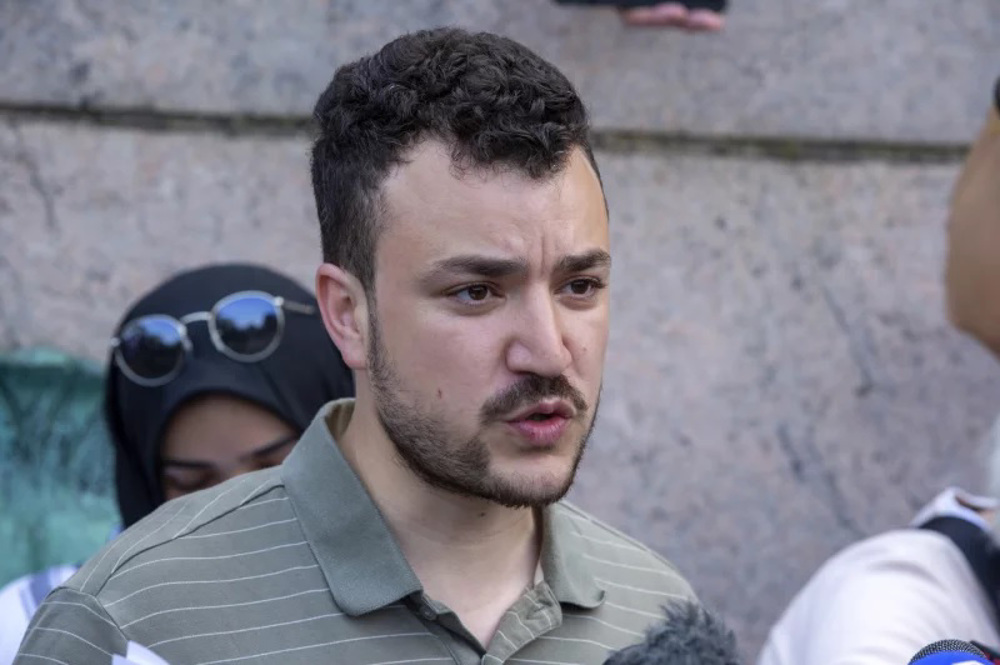
Columbia graduate detained without evidence of wrongdoing
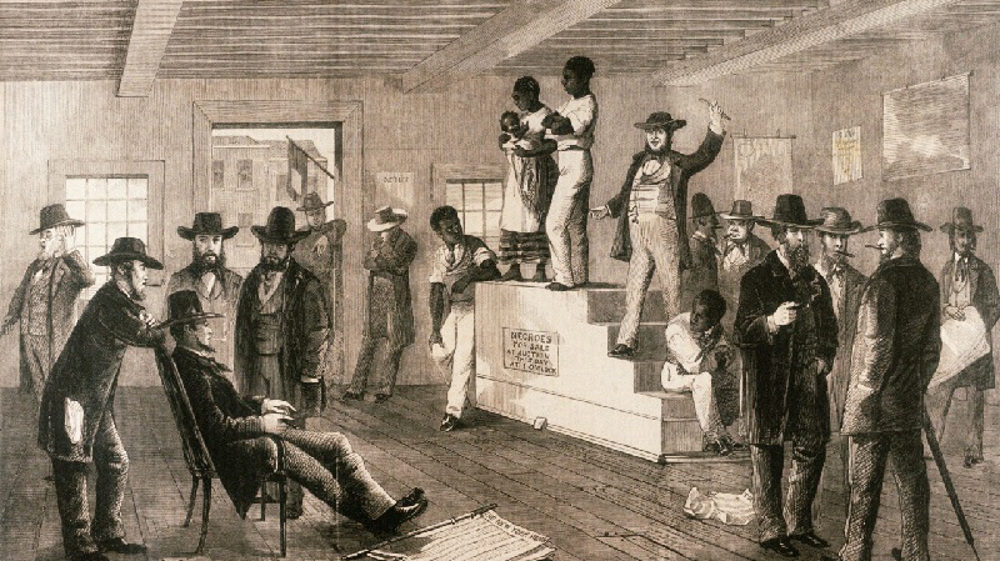
US slavery emancipation day celebrated in Washington

Pro-Palestine protest in Paris
China dismisses Ukraine's allegation of weapon supplies to Russia as 'groundless'
Death toll from US airstrikes on Yemen rises to 74
Iran: World must hold Israel accountable for mass murder, targeting children
Iran: Agreement with US within reach if Washington is realistic
Hayya: Hamas ready to hold talks for ‘comprehensive’ peace deal
Iran strongly condemns 'brutal' US airstrikes on Yemen’s fuel port
IRGC kills ringleader of terror group behind deadly attacks in SE Iran
IAEA deputy chief to visit Tehran for technical discussions: Iran nuclear spox


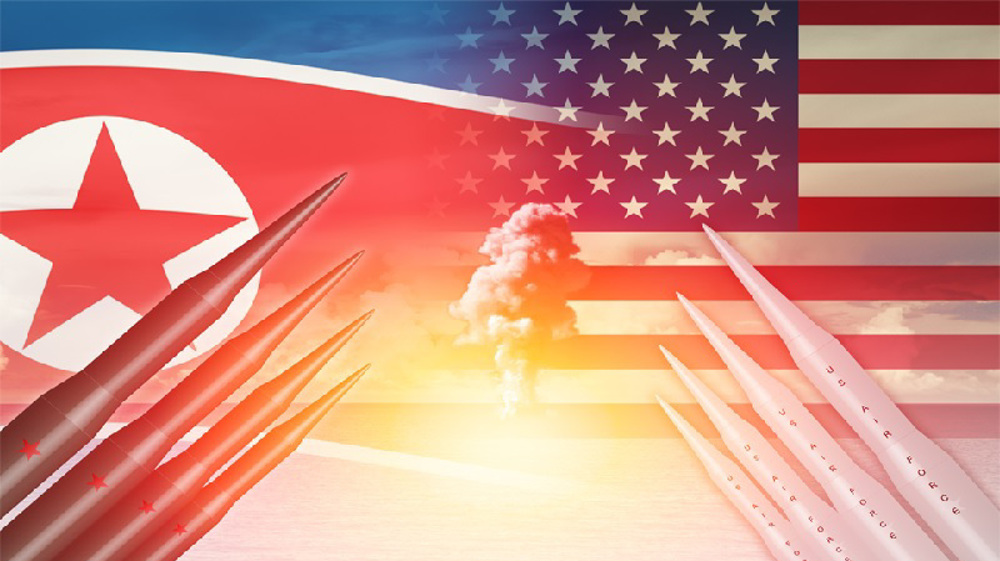
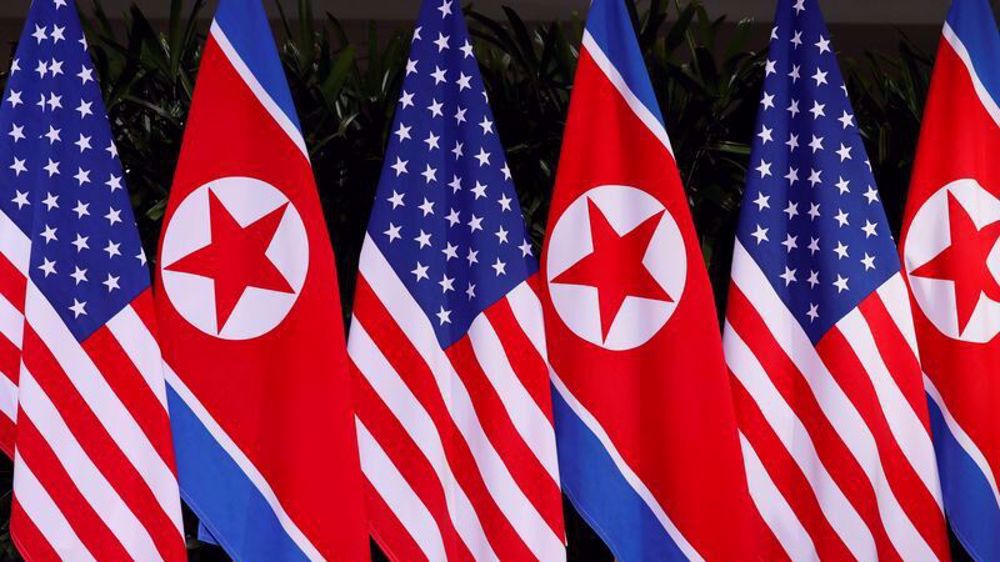
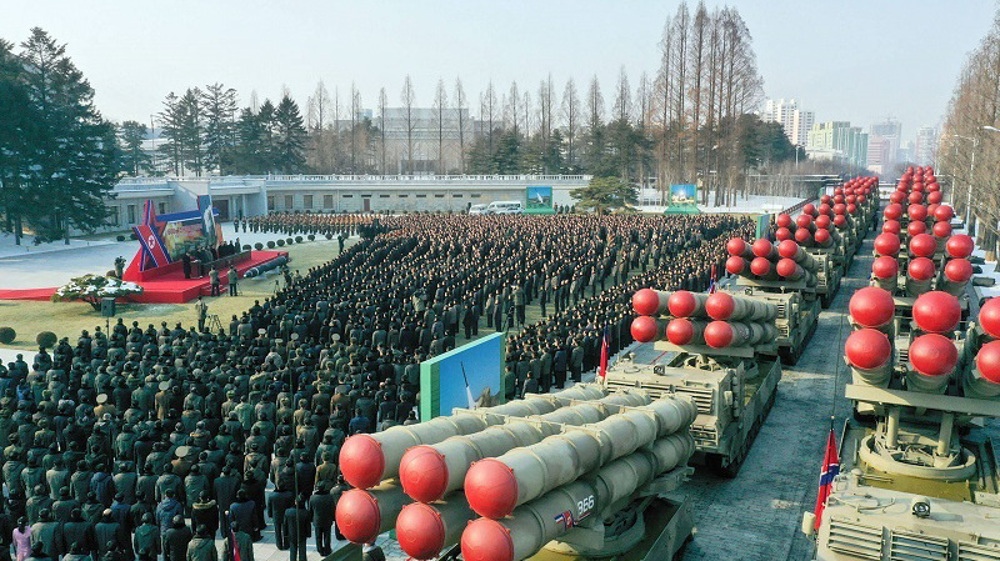
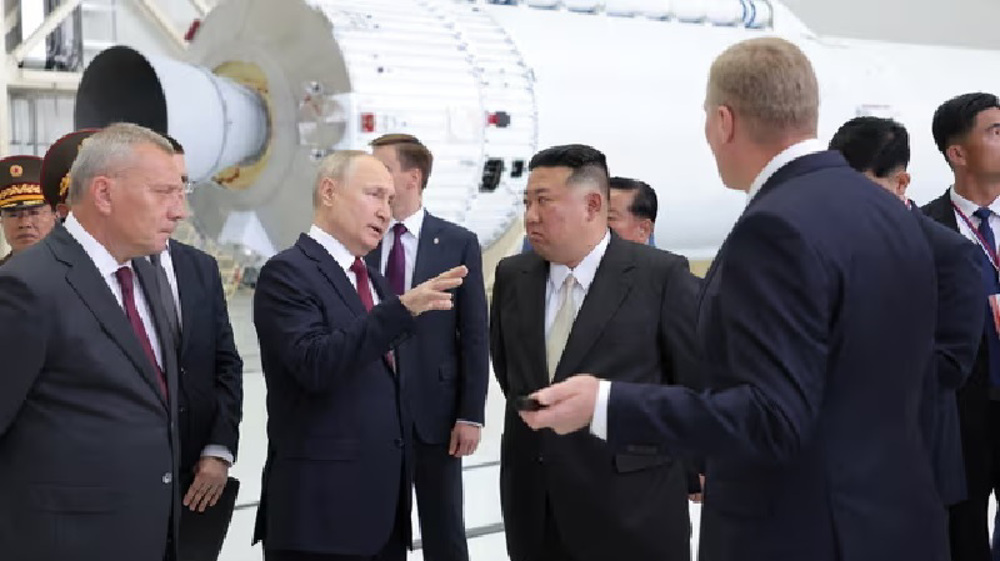




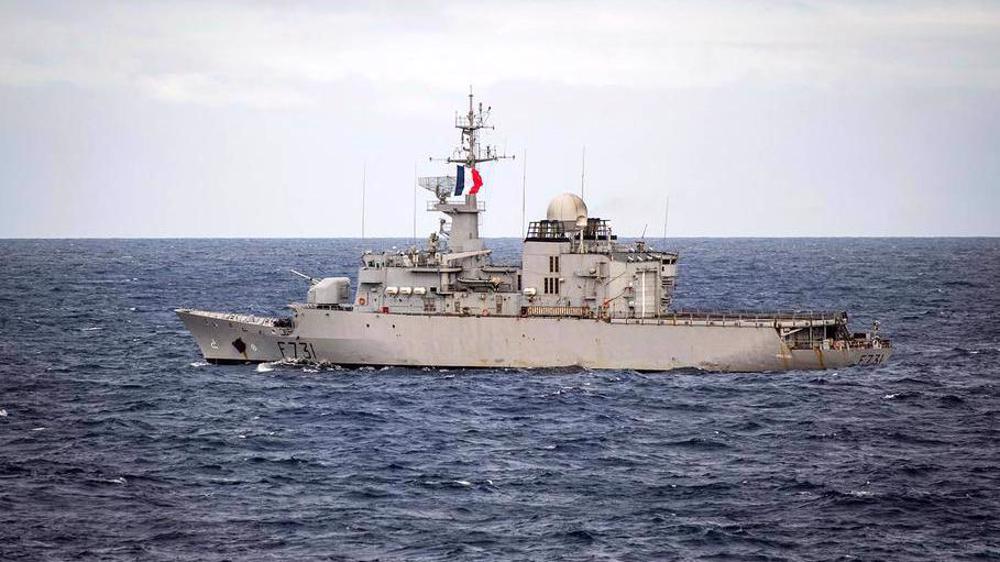
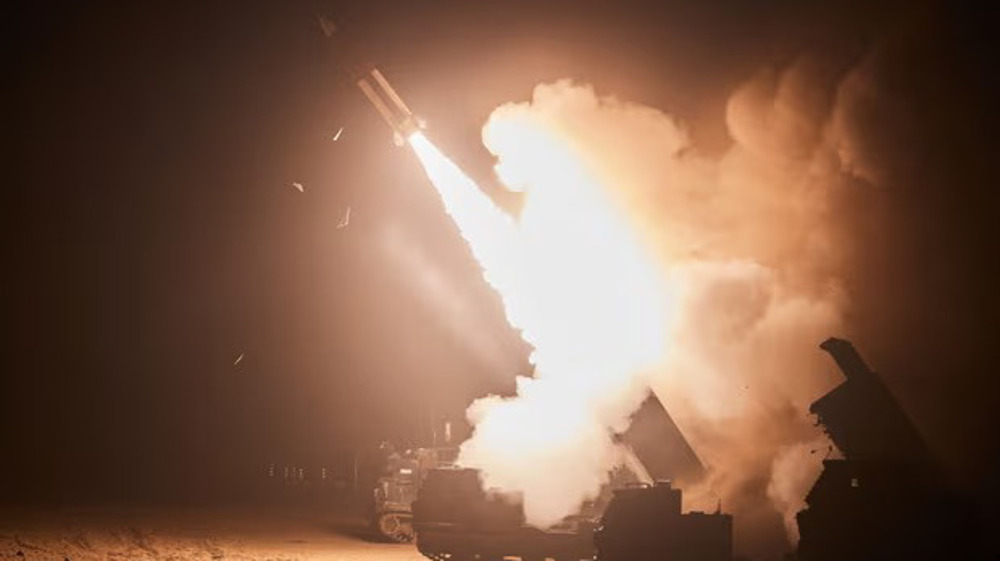
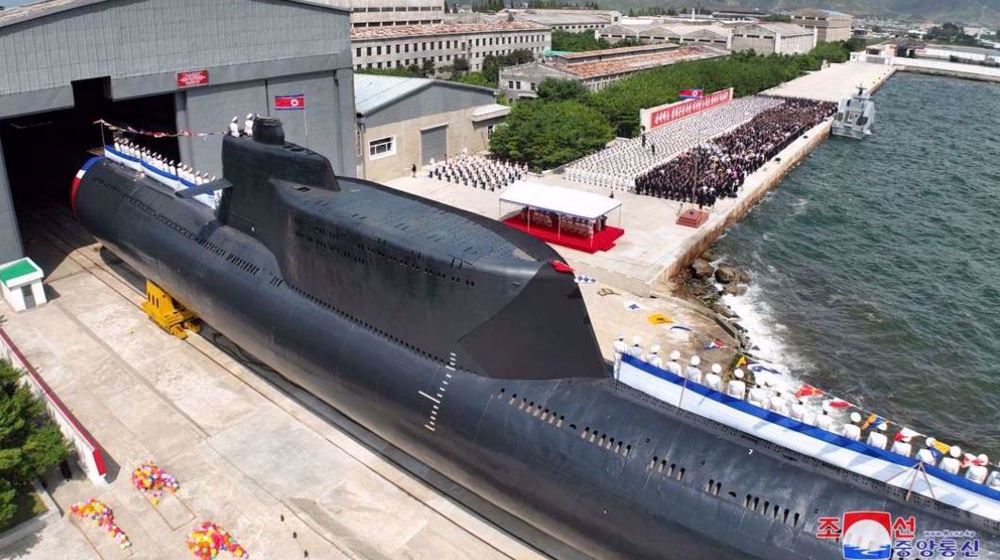
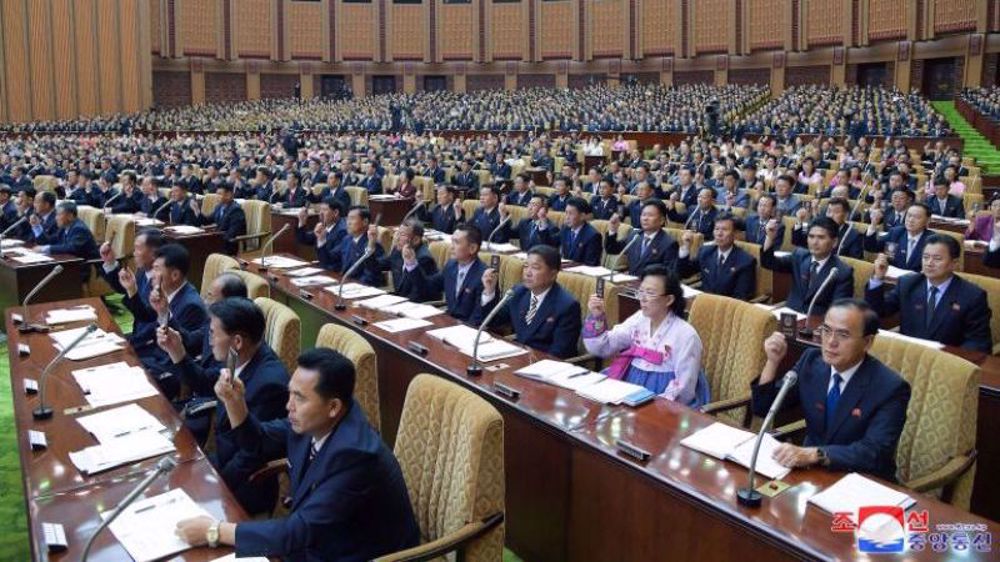
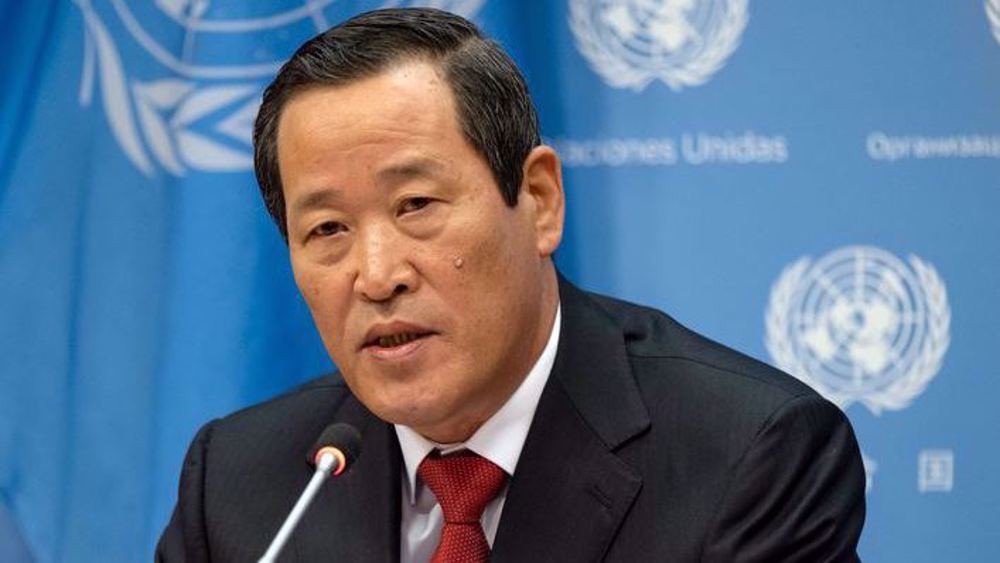
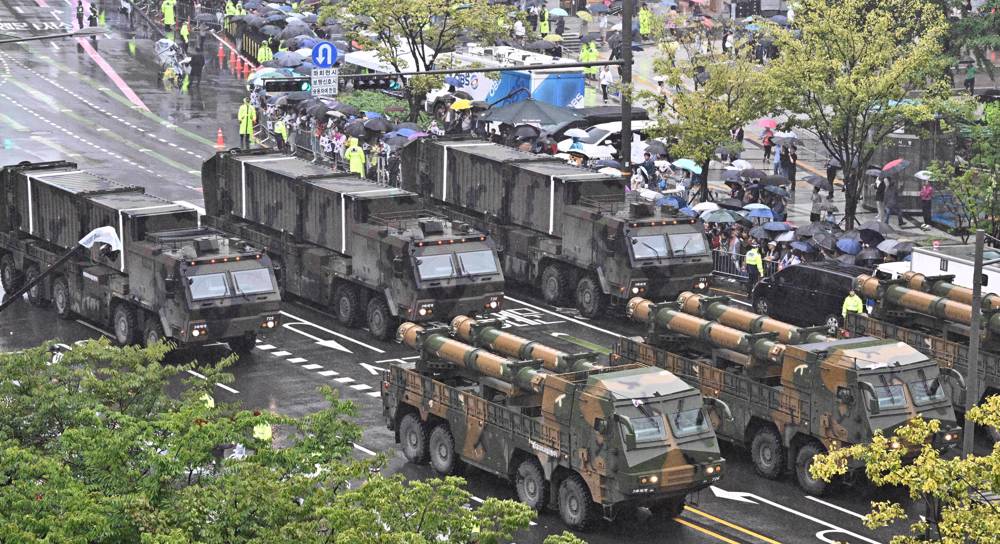
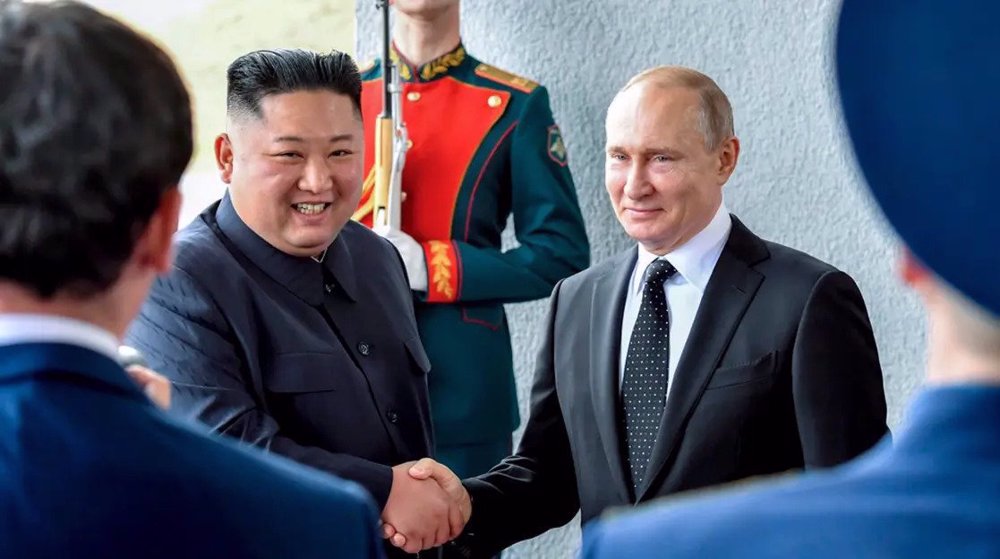
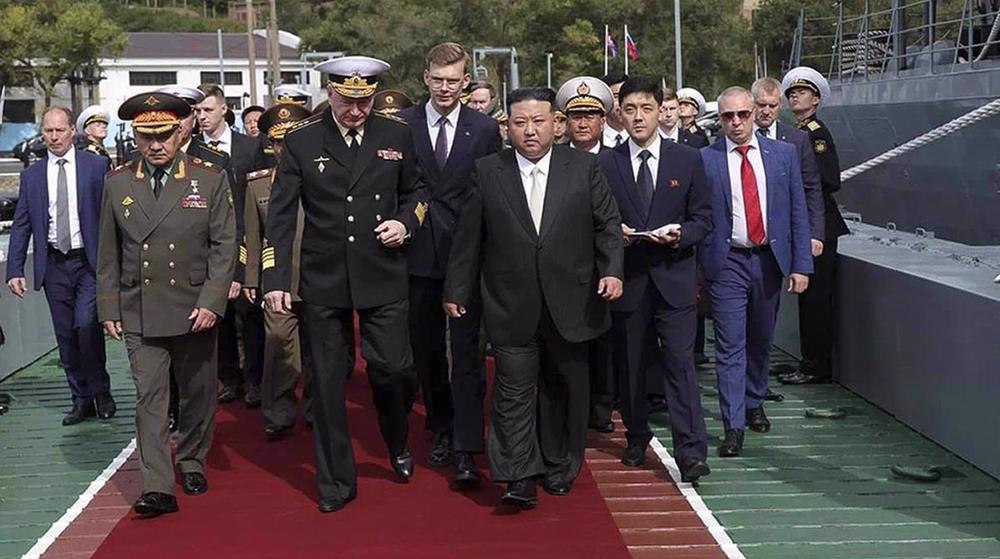
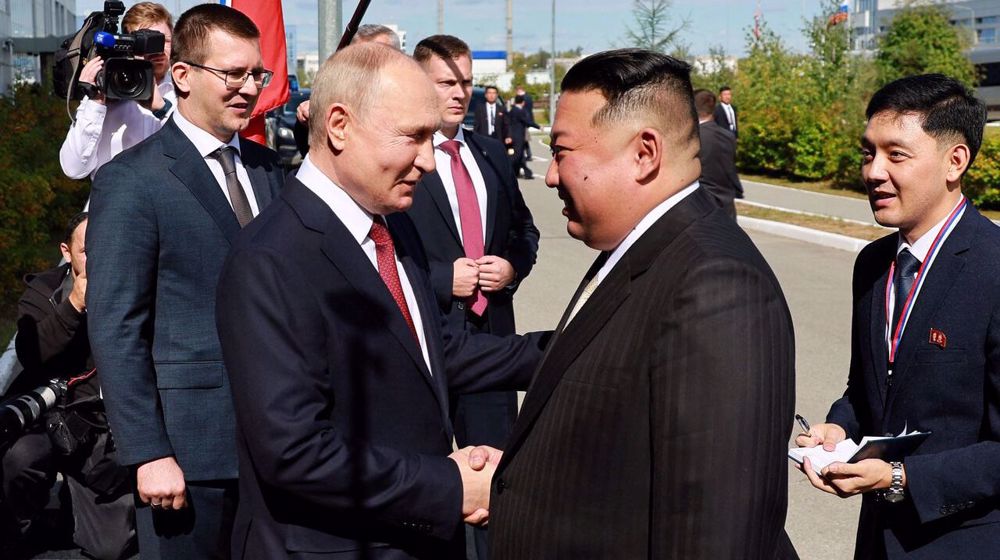

 This makes it easy to access the Press TV website
This makes it easy to access the Press TV website